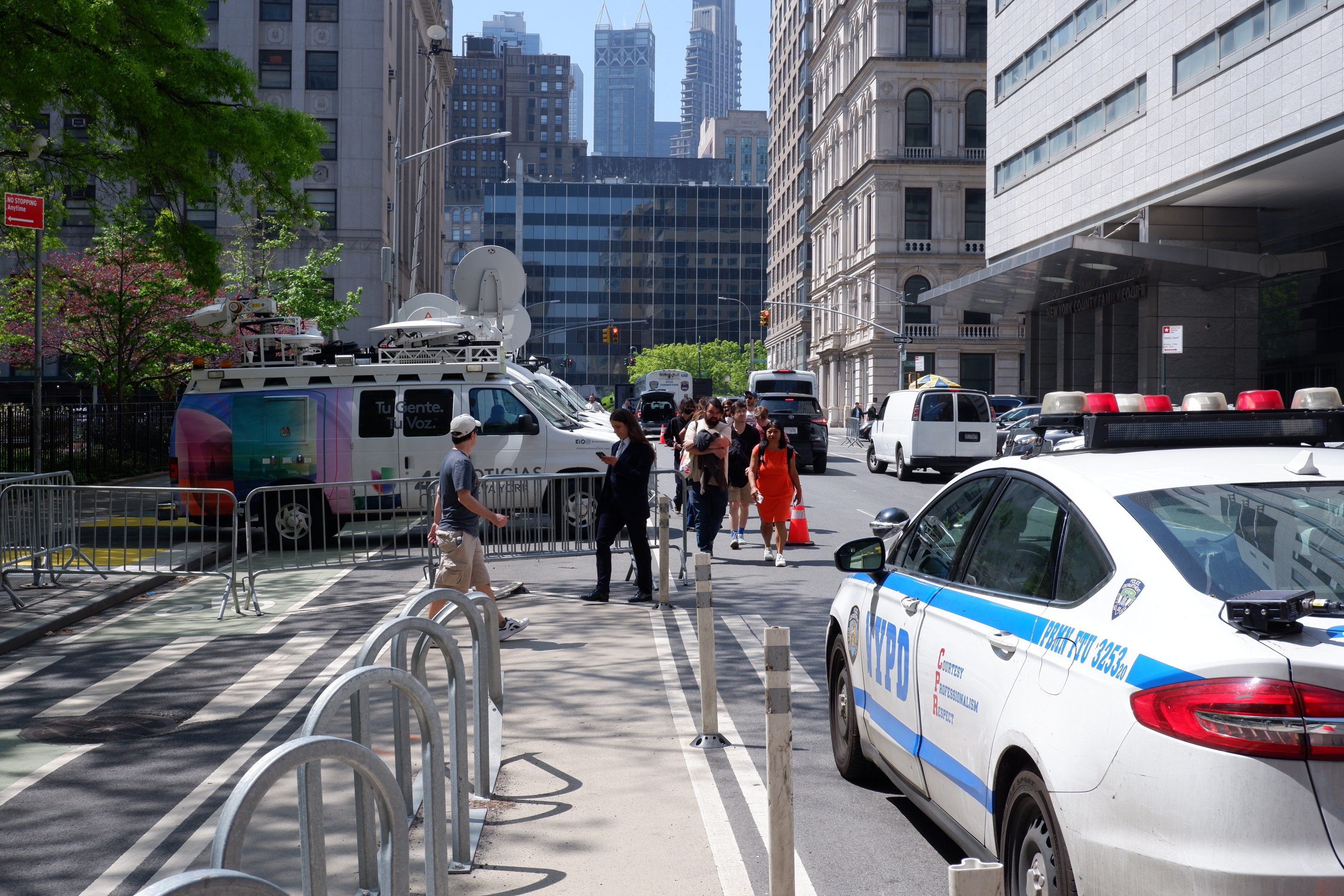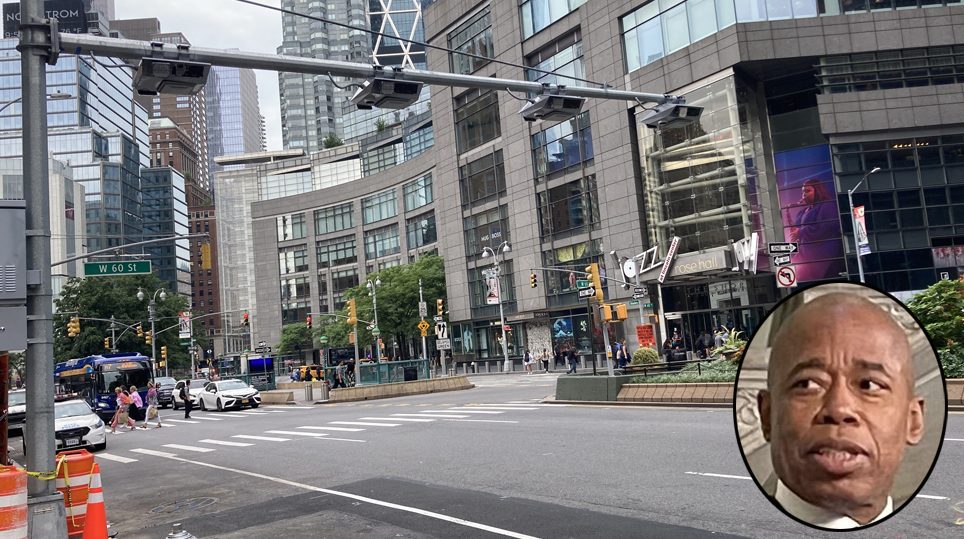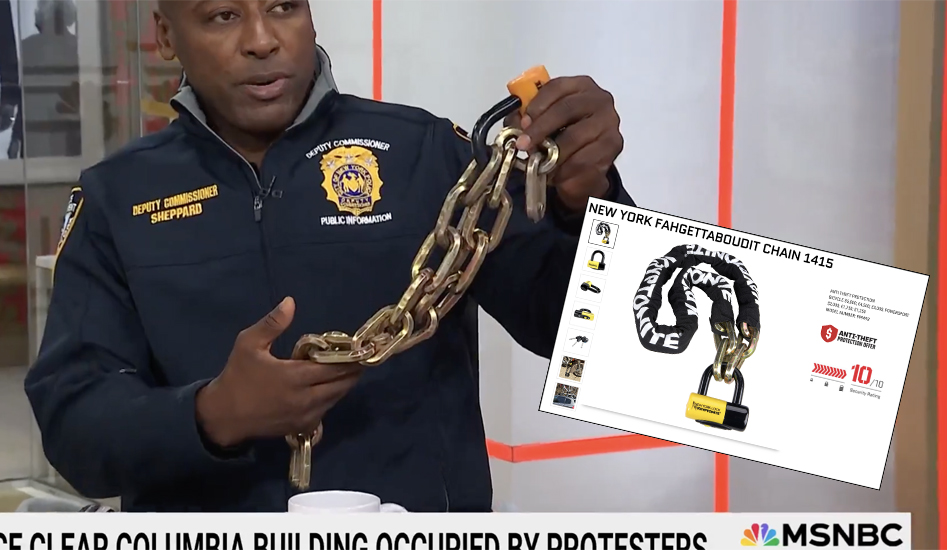 On Friday, Times columnist David Brooks joined the chorus calling for more transportation investment, which came as something of a surprise given his conservative pedigree. But Brooks has always had a soft spot for the exurbs, and his proposed "National Mobility Project" was predictably premised on the idea that transportation projects should accommodate sprawl:
On Friday, Times columnist David Brooks joined the chorus calling for more transportation investment, which came as something of a surprise given his conservative pedigree. But Brooks has always had a soft spot for the exurbs, and his proposed "National Mobility Project" was predictably premised on the idea that transportation projects should accommodate sprawl:
Workplaces have decentralized. Commuting patterns are no longer radial,from suburban residences to central cities. Now they are complex weavesacross broad megaregions. Yet the infrastructure system hasn't adapted.
The Times published five letters in response, including this one from Transportation for America's David Goldberg:
David Brooks is spot-on with his call for major investment intransportation infrastructure, both for near-term economic stimulus andfor a sustainable recovery. His recommendations of what to build areoutdated, however.
As he notes, a way to put people to work wouldbe to repair and maintain our existing highways, bridges and transitsystems. But building new highways was the project for an earlier era,the 1950s, when gas was cheap and President Dwight D. Eisenhowercreated the Interstate System.
Today we urgently need to buildthe infrastructure for a clean-energy economy and reduced dependency onoil. Soaring gas prices made our vulnerability clear: Americans flockedto public transportation or took to their bicycles only to find thetransit systems underfinanced and the roads dangerous and inhospitable.Half of our urban-dwelling citizens found they had no transit at all.
Ifwe're going to go into debt to build for the future, we must do so tocomplete our transportation network with high-speed rail, modern publictransit, streets that support safe biking and walking, and, yes,well-maintained highways.
Dave Alpert at Greater Greater Washington picked up the exchange, noting how cities such as Charleston, South Carolina are already moving beyond the default presumption that transportation investment equals road-building.
And BikePortland's Jonathan Maus, recalling an earlier Brooks column that dismissed cycling as transportation, offered this take on transportation spending priorities:
Should we invest billions into highway projects that cater to "mobility" of single-occupancy vehicles (like we did in the 1950s) andthrow scraps to everything else (like we do now)? Or, will we look tocreate world-class biking cities where possible (because bikes offerthe best return on transportation investment of any mode) and theninvest in things like passenger rail, streetcars and bus-rapid transit?
 On Friday, Times columnist David Brooks
On Friday, Times columnist David Brooks 



